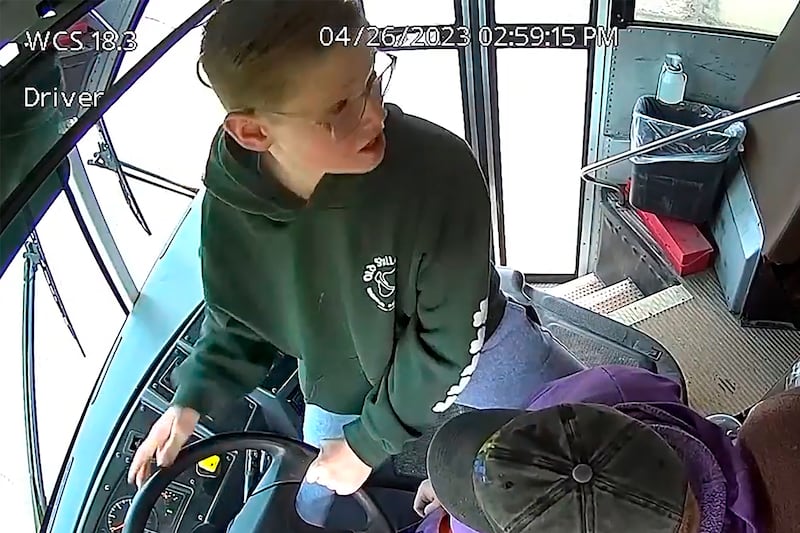Questions are being asked at Stormont about the £40 million the Department of Health has spent on taxis for patients over the past five years. The decline of a volunteer driver scheme due to the pandemic has significantly raised costs, while Sinn Fein’s infrastructure minister, John O’Dowd, has said non-profit community transport associations could play more of a role.
However, there is no question patient transport is the flip-side of health reform. If we are to have fewer general hospitals and more regional specialist centres, then more people will have to travel further and many will need help to do so. A means-tested charge could be considered: patients are rarely reimbursed for driving to hospital, so it could be said the principle has been established.
But health service charges are difficult to test because a person’s condition and treatment must be considered as well as their wealth and income. That is why re-introducing prescription charges is probably pointless - 90% of prescriptions were exempt and administering a system with so many exemptions is enormously wasteful.
The main concern about the cost of patient taxis is that it is growing without much health reform having taken place. If the concern is money, school transport runs up a far larger bill.
Last year alone, the Education Authority spent £35m on taxis for pupils, up £14m in three years. For the first time its spending on taxis exceeded its spending on Ulsterbus services, at £34.5m.
Taxis are generally used by special needs pupils, as are the Education Authority’s buses and buses it hires from private operators, costing £33m and £14m respectively.
Add in train and Belfast Metro services and the total school transport budget is £120m a year, with special needs transport making up two-thirds. Introducing a means-tested charge for the other third would be administratively simple. Free travel could be restricted to the one-quarter of pupils in Northern Ireland who qualify for free school meals. At a rough calculation, that would save £30m a year, the same as the projected revenue from reintroducing prescription charges, but without the bureaucratic waste.
Presumably it is no coincidence the review of school transport policy was launched by civil servants during a Stormont collapse and disappeared once politicians returned to work. This is undoubtedly an alarming debate for elected representatives but it is essential nevertheless
Free school transport for special needs pupils is a legal duty on the Education Authority and tampering with it would be politically unthinkable, at least in Northern Ireland. Councils in England have begun to suggest means-testing but this is more a desperate plea about their budgets than a serious proposal. Efforts are still focused on examining why costs have ballooned and how best to get them back under control.
If it were possible to restrict Northern Ireland’s entire school transport budget to pupils eligible for free school meals, in theory that would save £90m a year, equal to the saving from raising university tuition fees here to the same level as in England.
Means-testing school transport is a kite Stormont has already flown. The Department of Education launched a review of school transport policy in December 2018 with six months of “initial stakeholder engagement”.
One of the six future options it asked about was restricting free transport to pupils eligible for free school meals.
This was the least popular option, with only 2% of 5,500 respondents in favour. Another unpopular suggestion was limiting free transport to rural areas. The most popular option, with 40% support, was extending free transport to all pupils, including those within the current two- and three-mile limits for primary and secondary schools.
The 2018 review was meant to lead to policy changes by last year. Officially, it was delayed by the pandemic and is now awaiting a wider review of the education system. Presumably it is no coincidence the review was launched by civil servants during a Stormont collapse and disappeared once politicians returned to work. This is undoubtedly an alarming debate for elected representatives but it is essential nevertheless.
One of the clearest justifications for free school transport is keeping cars off the road, although the huge savings for public health and infrastructure do not show up directly in Stormont’s accounts. Trying to capture or reflect these savings, by taxing the school run for example, would be even more impractical than prescription charges. A robust case could be made for supporting school transport on its own merits through higher taxes and cuts elsewhere.
Alas, there is little precedent for the executive taking unpopular stands. More likely, for fear of people complaining, it will just let the service grind to a halt instead.







